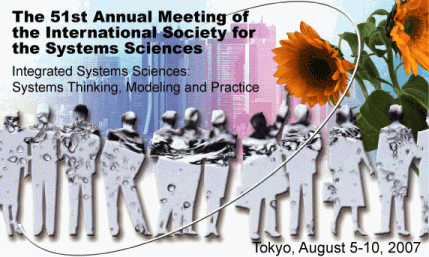Pluralism: Critical reflections emerging from an Organisation-based Action Research Project
Keywords:
pluralism, pragmatism, imperialism, paradigm incommensurabilityAbstract
Critical Systems Thinking (CST) is calling for managers to use its ideas in the flux of ongoing problem situations to cope with increasing complexity, change and diversity. This paper presents a series of reflections from an organisation-based action research project, where the researcher entered into a real-world situation and aimed and aimed both at improving it and acquiring knowledge about the experience whilst contributing to the operationalisation of critical CST, that is, Critical Systems Practice (CSP). The research yielded defensible generalisations from a series of research themes explored relevant to CSP. This paper recapitulates on the contributions that this research endeavour had on the research theme of pluralism; the combined use of different paradigms, methodologies, methods and tools within the same intervention. In general, this research theme focuses on whether it is possible to carry out an intervention in an informed way preventing a relapse from pluralism to pragmatism or imperialism. This involves three issues which were explored further and to which this paper aims to contribute. These issues constitute three requirements for pluralism, namely, (a) flexibility in the use of the widest variety of methods, models, tools and techniques possible in any intervention; (b) employment of methodologies owing alliance to different paradigms in the same intervention; and (c) managing a degree of paradigm incommensurability.Published
2007-07-31
How to Cite
Ortegon-Monroy, M. C. (2007). Pluralism: Critical reflections emerging from an Organisation-based Action Research Project. Proceedings of the 51st Annual Meeting of the ISSS - 2007, Tokyo, Japan, 51(2). Retrieved from https://journals.isss.org/index.php/proceedings51st/article/view/467
Issue
Section
Critical Systems Theory and Practice

